By: Samantha Rizzo
Have you ever had a bad breakout that you ended up making worse while trying to make it better? I think we’ve probably all been there at least once.
Breakouts can be stubborn and confusing, which can have us taking desperate measures to experience some relief, but it's important that we aren't doing things that could be making breakouts worse.
Below are the most common mistakes that we might make when trying to speed up the healing of a breakout.
If you want to avoid unnecessary inflammation, discoloration, acne scarring, and both physical and mental anguish, then make follow the guide below to help heal the breakouts and keep them from getting worse!
Don't Change Your Usual Routine
If you’ve recently added a new product that normally shouldn't cause purging such as calming, or hydrating products or products for the skin barrier, and you think it might be the cause of your new breakout, then definitely stop using it.
Stick to what’s simple, and what your skin knows and responds well to. Even if there wasn't a huge improvement from your product, choose whatever your skin reacted the least negatively to.
You can try new acne and spot treatments during breakouts (when else would you try them?) but remember that they can often cause purging and take some time to work - up to 4 weeks for a purging period to stop and for your skin to not be as sensitive to the ingredient.
Don't Stop Moisturizing
I know that when my skin is freaking out, and it’s an oily, blotchy mess, it feels like moisturizer is just adding fuel to the fire. And if it’s a new moisturizer, it might be.
But moisturizer is also so important for your skin’s protective barrier. Not using it can make your skin worse in the long run. Your skin needs proper protection from the environment all the time, but especially so if you’re using acne treatments that dry up the skin.
Using acne treatments without a moisturizer can:
⦁ decrease their effectiveness
⦁ result in dryness, redness, and irritation
⦁ leave skin susceptible to damage and infection.
If you find your moisturizer feels heavy during oily breakouts, look for a lighter gel or water based option, but don’t skip the moisturizer altogether.

Don't Give Up Too Soon!
Instead of swapping out products every few days, give your products enough time to work. Have confidence that your skin knows how to heal, and remember that acne is just acne. It's common and doesn't subtract from your worth. Sometimes we just need to give it our mind and our skin the tools to help heal.
And as mentioned before, products containing ingredients like retinol, lactic acid, salicylic acid, glycolic acid may cause a purging period for some people up to 2 weeks before it becomes effective.
Don't Use Physical Skin Devices or Scrubs
Although things like microneedling are amazing for skin collagen production and reducing acne scarring, is not so amazing for use on areas where you’re breaking out.
Any abrasive treatments like physical scrubs could potentially add irritation or damage to the area. You should wait until your skin is all healed up.
Avoid picking and squeezing at Acne
Popping pimples cause damage and spread bacteria, we know this, but poking and prodding can be just as bad.I’m the worst offender. When I’m breaking out, my hands are all over my face, feeling every bump and curve of my inflamed and swollen pores.
Sometimes I feel to see if they’ve gone down, other times to see if any new ones have popped up. But all I’m really doing is putting my dirty hands (ok, not that dirty) all over my face.
I know this habit can be hard to stop, and some of us even do it unconsciously but try to make an effort to distract your hands in these moments. When you’re breaking out you need to be really strict with keeping your hands clean, and off your face as much as possible.
Look Beyond Your Skincare Routine
Sometimes a breakout can happen and last a really long time. This can have us re-evaluating our entire skincare routine, especially when it fails to relieve the bad breakout.
But sometimes the routine is still right, and something else is just off. If your routine has been working well then there’s little reason to think it’s all of a sudden not working. More likely, something else is affecting your skin, so look at any other recent life changes you might be experiencing:
Stress
Stress comes in all forms and sometimes we may not even realize we're stressed! Stress is correlated to increased acne breakouts due to increasing cortisol hormone levels which affect how we process sugar.
Any sort of life change or event can add stress even if it is an exciting event: Moving, new relationship or relationship ending, new job or lost a job, becoming a new caretaker, family issues, marriage, parenthood, big project coming up.
Dietary Habit Change
Have you changed your diet up recently? Or eating a lot of a certain food that you usually don't consume? When introducing a new food that your body isn't used to, it can cause an imbalance in your gut microbiome which can lead to more breakouts.
New hair Care product
Have you added in a new haircare product recently? Hair care like conditioner or any sprays or mousse you may be applying can easily transfer to your skin too. If you haven't really changed anything else other than your hair care routine, that could be the culprit for your new breakouts.
What You Should Do When You're Breaking Out
When you’re breaking out it can feel like you have a giant list of things you shouldn’t do. Instead of focusing on these, we can also contemplate the things that are good for our skin during this time.
- Keep everything clean that touches your face (phone, pillow, glasses).
- Keep inflammation down with a cool compress.
- Use healing and inflammation calming products like the Fighter Gel
- Wash skin twice a day and protect it with sunscreen and moisturizer.
- Be patient and consistent with your treatment and routine
When you’re breaking out, knowing what to do and what not to do can make a huge difference in healing time. Sometimes slight changes can make an impact on acne prone skin, so it’s important to pay attention to how our skin reacts to new changes in its environment.
What do you find makes your breakouts worse or better? Leave us a message below!

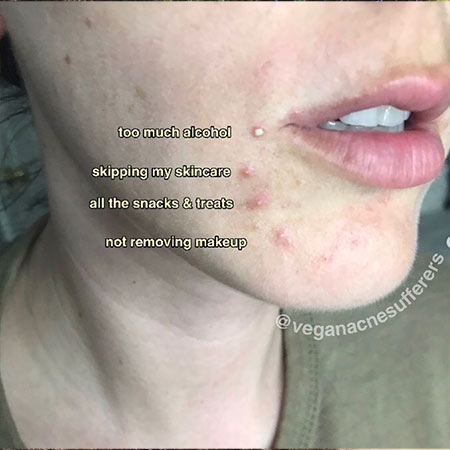
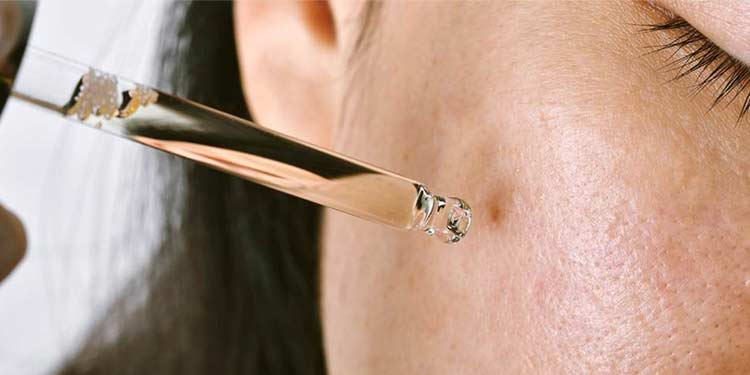
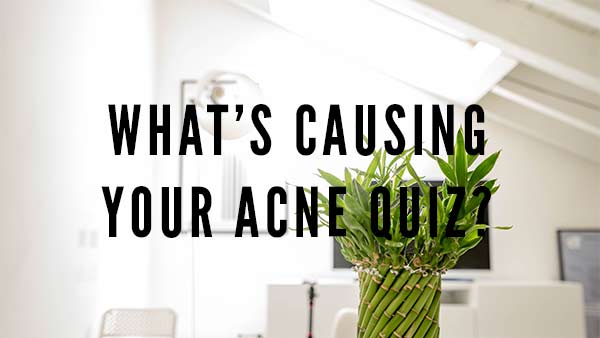










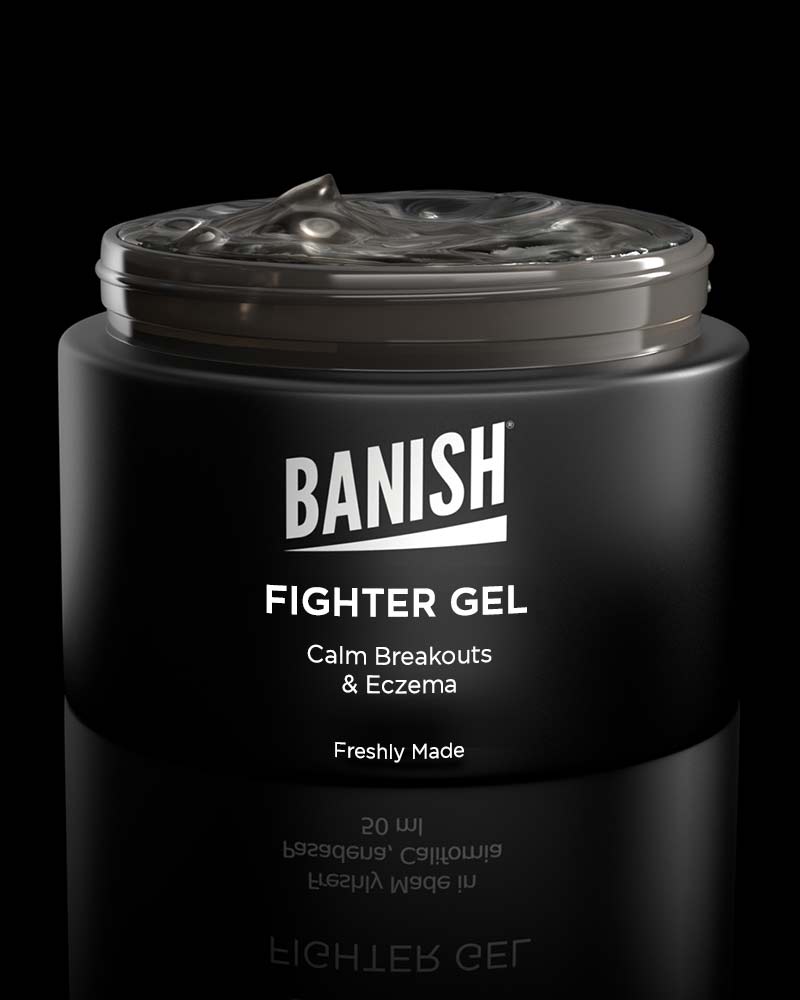
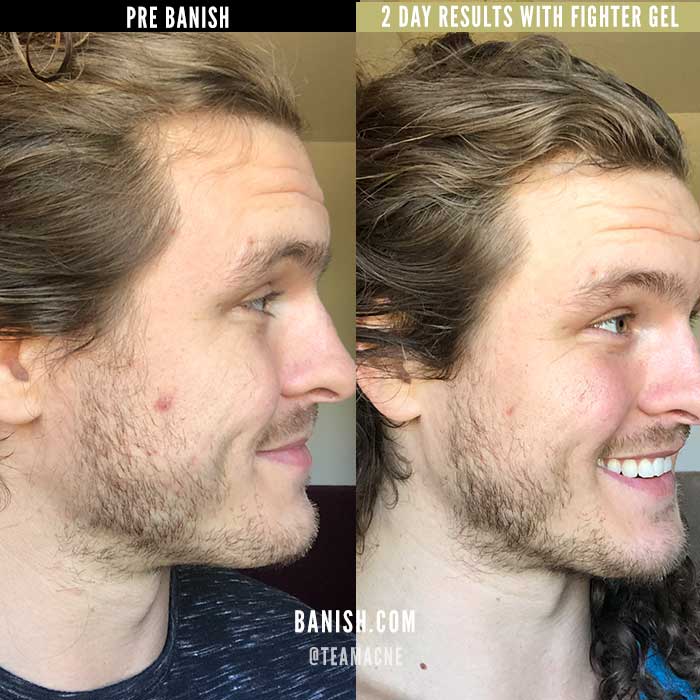










Leave a comment
All comments are moderated before being published.
This site is protected by hCaptcha and the hCaptcha Privacy Policy and Terms of Service apply.